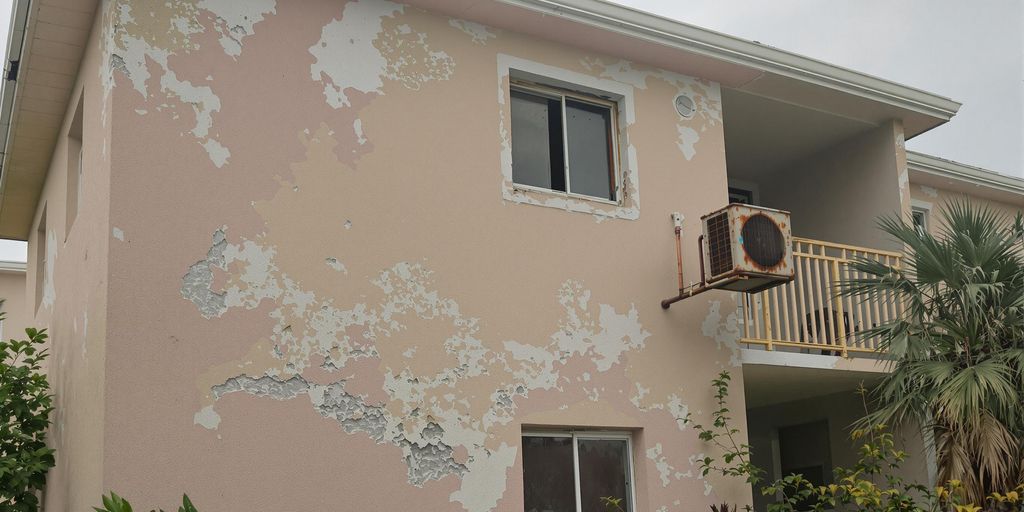Florida’s condominium market is in turmoil as new safety laws, enacted after the tragic Surfside collapse, have led to skyrocketing HOA fees and a significant drop in property values for older units. This crisis is forcing many owners, particularly retirees, into difficult financial situations, prompting innovative solutions from some developers.
Florida’s Condo Crisis: A Perfect Storm
Following the devastating 2021 Champlain Towers South collapse, Florida implemented stringent new laws requiring "milestone" inspections and increased reserve funds for condominiums over 30 years old and three stories tall. While aimed at enhancing safety, these regulations have inadvertently created a financial burden for many condo owners.
- Skyrocketing HOA Fees: Associations are now mandated to conduct structural assessments and accumulate substantial reserves for future repairs, leading to massive special assessments and increased monthly HOA fees. Some owners have faced assessments as high as $134,000.
- Depreciating Values: Older condos, especially those over 30 years old, have seen a staggering 22 percent drop in value over the past four years. In contrast, newer units have appreciated by 12 percent in just two years.
- Flooded Market: The market is oversaturated with listings for older condos, with new listings significantly outpacing closed sales. Buyers are increasingly opting for newer constructions with modern safety features and more predictable HOA costs.
Legislative Efforts and Their Impact
In response to widespread complaints, Florida Governor Ron DeSantis received a sweeping condominium reform bill, HB 913, which is expected to become law on July 1. This bill aims to alleviate some of the financial pressure on condo owners without compromising safety.
- Financial Flexibility: HB 913 will allow condominium associations to utilize credit lines, loans, or special assessments to fund reserves and repairs, potentially easing the immediate burden on individual owners.
- Increased Transparency: The bill also includes provisions for greater transparency and accountability within HOA boards, requiring public access to documents and mandatory education for board members.
Despite these efforts, many long-time residents, particularly those on fixed incomes, are struggling to absorb the escalating costs.
Innovative Solutions Emerge
Amidst the crisis, some developers are offering creative solutions to help condo owners. Coral Reef General Contracting, a luxury homebuilder in Fort Pierce, has introduced a unique program:
- Condo Trade-In Program: Coral Reef is accepting condominium units as down payments for their new custom luxury homes. This allows condo owners to transition to a single-family home without the stress of selling their depreciating condo.
- Addressing Structural Issues: The builder is willing to take on condos with structural issues, either fixing, renting, or reselling them, providing a seamless transition for the original owners.
This "trade-in" model, likened to trading in a car, offers a lifeline to owners trapped in a challenging market. While not every condo will be profitable for the builder, the long-term goal is to build goodwill and attract more buyers through positive word-of-mouth.
The Road Ahead
The Florida condo market faces a significant divide, with newer, compliant buildings thriving while older properties struggle. The crisis raises concerns about displacement and affordability for long-time residents. As the state grapples with these challenges, the future of Florida’s condominium landscape remains uncertain, with a potential "mass exodus" of owners from older units.


